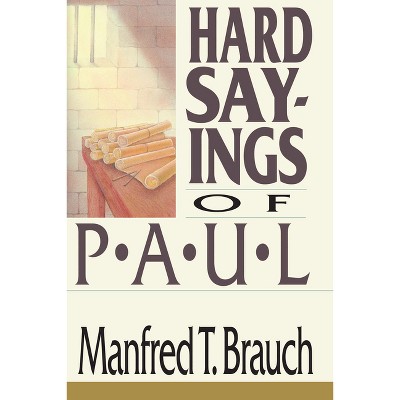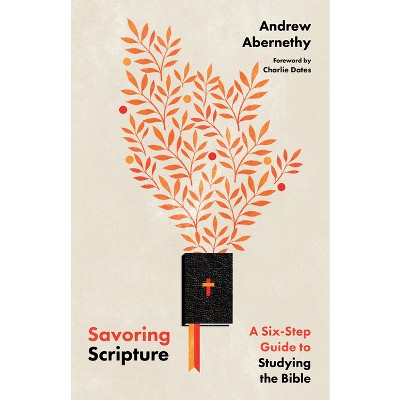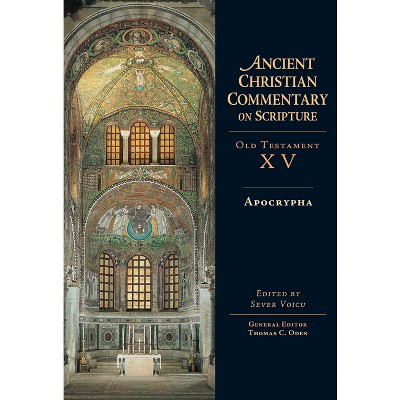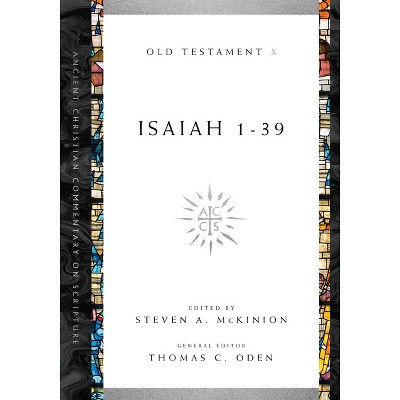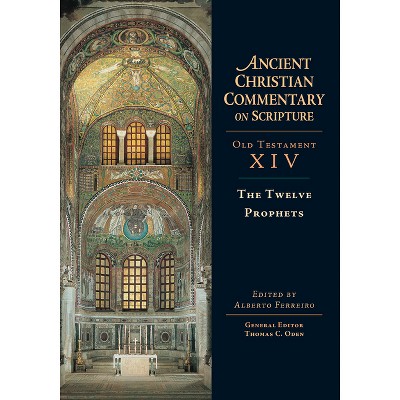About this item
Highlights
- Virtually all Christians recognize the centrality of the Bible to their faith.
- About the Author: Manfred T. Brauch (Ph.D., McMaster University) is retired professor of biblical theology and past president of Eastern Baptist Theological Seminary (now Palmer Theological Seminary) in Philadelphia, Pennsylvania.
- 293 Pages
- Religion + Beliefs, Biblical Studies
Description
About the Book
In this practical book written with the non-specialist in mind, Manfred Brauch identifies and corrects a number of basic errors that interpret and apply biblical texts in ways that distort their meaning and message. Chapters explore issues of context, genre, consistency, author intent and more, addressing not just the act of interpretation, but also the attitudes behind the ways we choose to apply Scripture.
Book Synopsis
Virtually all Christians recognize the centrality of the Bible to their faith. Yet many Christians misquote and misapply Scripture regularly. Often those who are most passionate about the authority of the Bible are at the greatest loss when it comes to understanding its message clearly and applying it faithfully. Professor Manfred Brauch believes this kind of mistaken interpretation and application of Scripture is a detriment to the integrity of our Christian witness and contributes to profound misunderstandings in Christian belief and practice.In this practical book written with the non-specialist in mind, Manfred Brauch identifies and corrects a number of basic errors that interpret and apply biblical texts in ways that distort their meaning and message. Chapters explore issues of context, genre, consistency, author intent and other important considerations, addressing not just the act of interpretation, but also the attitudes behind the ways we choose to apply Scripture.Whether you lead a Bible study or small group, are a pastor or Sunday school teacher, are engaged in biblical study at a college or seminary, or are just an everyday Christian who wants to understand how to interpret God's Word well and recognize good interpretation (or the lack therof) when you encounter it, this important book will be an invaluable guide.
Review Quotes
Abusing Scripture offers a sixfold taxonomy of ways evangelicals are guilty of "doing violence to" Scripture. Throughout his discussion of this taxonomy, Brauch returns to three illustrations of these kinds of abuses in practice. Brauch avoids low-hanging fruit with his choice of examples. Instead, he focuses on attitudes and practices that are deeply entrenched in the evangelical community: its relfexive patriotism and knee-jerk support for America's wars, its still-too-common defense of patriarchy, and its privelging of evangelism over social concern.
--George P. Wood, AG Think Tank (agthinktank.com), May 13, 2009"Abusing Scripture calls into question both the easy assumption of the Reformed emphasis on the perspicuity of Scripture and the presumption that those who declare the Bible to be the infallible or even inerrant Word of God will agree about what it teaches and illustrates. What it proves instead is that 'rightly dividing the word of truth' is a difficult and contentious matter--a matter demanding close attention to historical, literary and theological context; intention; and even the nature of language itself. Still the stakes are worth the effort. Too much rides on getting right the original meaning and present application. Professor Manfred Brauch not only helps Bible readers to identify the troubling issues but also provides a way of dealing with them."
--James W. Sire, author of Scripture Twisting, The Universe Next Door and, with coauthor Carl Peraino, Deepest Differences: A Christian-Atheist DialogueA useful edition to a church or an academic library.
--NG, Church Libraries, Fall 2009I strongly recommend Dr. Brauch's book for those with the terrifying task of daring to try to teach God's truth to others.
--Brian Proffit, The Equipping Ministry Blog (equippingministryblog.com), July 22, 2009About the Author
Manfred T. Brauch (Ph.D., McMaster University) is retired professor of biblical theology and past president of Eastern Baptist Theological Seminary (now Palmer Theological Seminary) in Philadelphia, Pennsylvania. He is the author of Set Free to Be and Hard Sayings of Paul and a contributor to Hard Sayings of the Bible.







